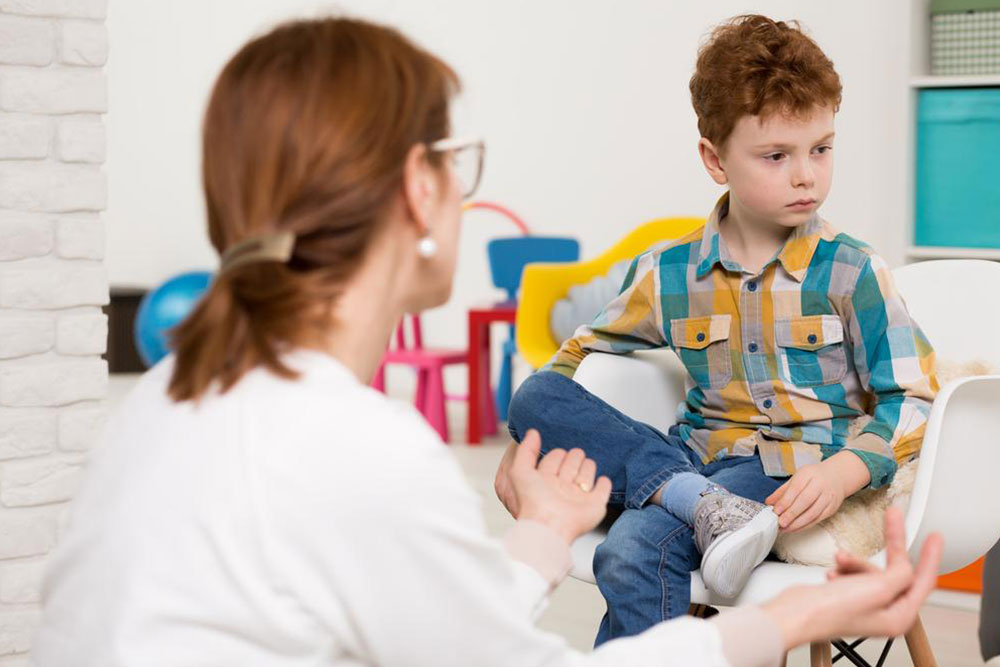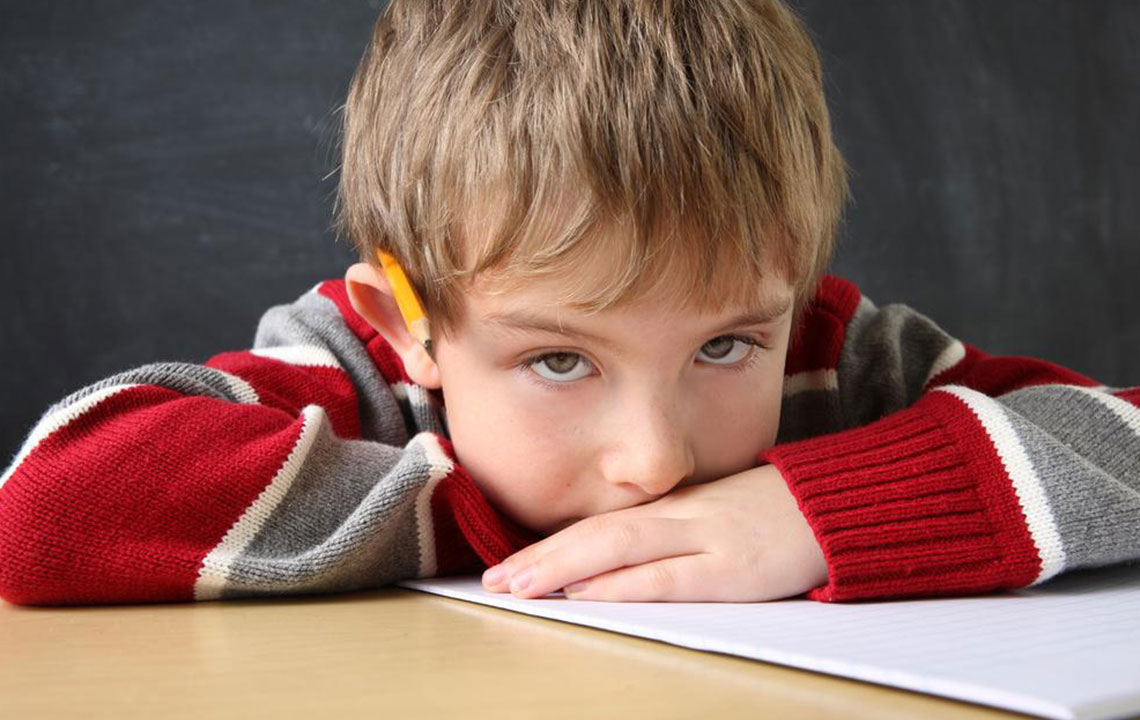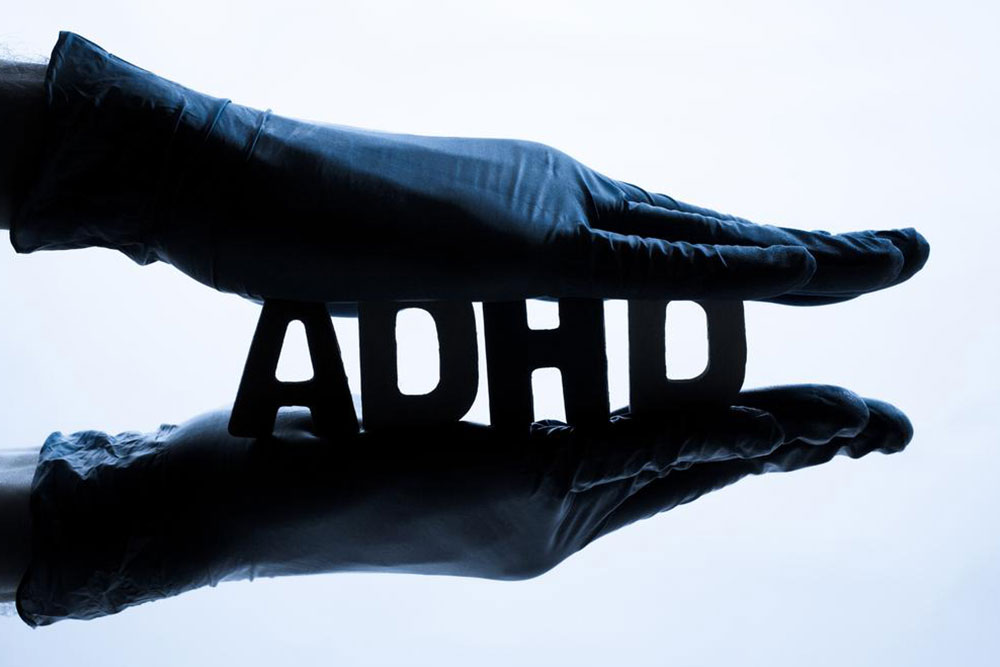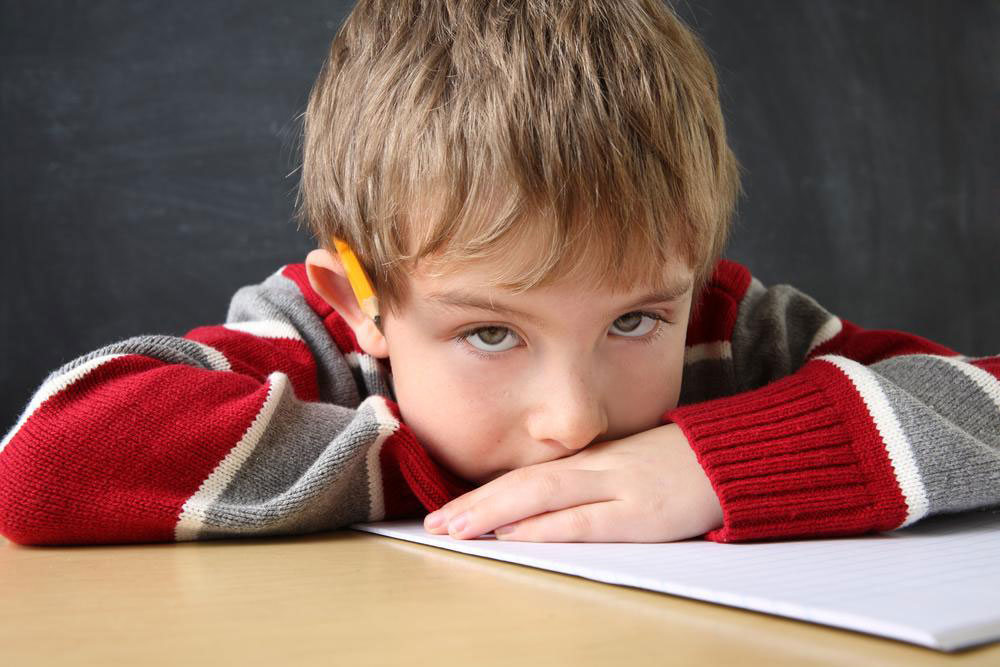Comprehensive Guide for Parents on Managing Childhood ADHD
This comprehensive guide offers parents essential insights into childhood ADHD, including symptoms, diagnosis, and effective management strategies. It emphasizes early intervention, medication, behavioral therapies, and environmental adjustments to help children with ADHD thrive in various aspects of life. Understanding these methods can support parents in fostering a positive development environment for their children, ensuring they reach their full potential and improve their quality of life.
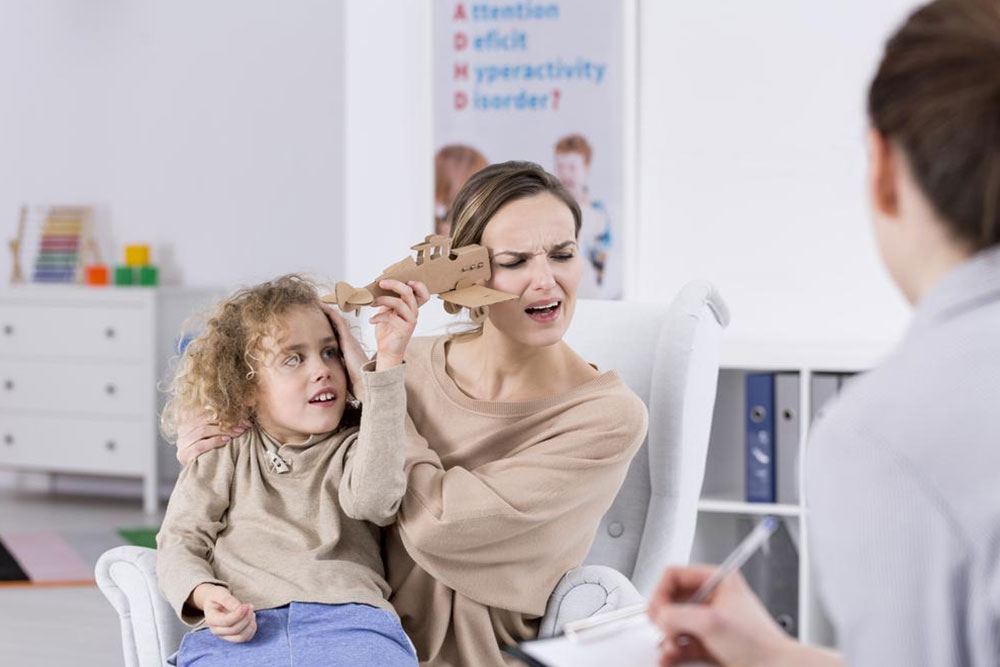
Understanding and Managing Attention Deficit Hyperactivity Disorder (ADHD) in Children
Childhood ADHD is a neurodevelopmental condition that affects many children globally. Parents and caregivers often notice early signs such as difficulty sustaining attention, hyperactive behaviors, and impulsiveness. While occasional inattentiveness or hyperactivity can be normal, persistent and escalating issues may indicate the presence of ADHD, necessitating professional evaluation and tailored intervention strategies.
Recognizing the characteristic behaviors of ADHD is essential for early diagnosis and effective management. These behaviors include constant fidgeting, difficulty remaining seated, frequent interruptions, impatience, and trouble completing tasks or following instructions. Parents should observe if these behaviors occur across multiple settings such as home, school, and social environments, which can be indicative of ADHD rather than temporary behavioral issues.
Diagnosis of ADHD typically involves comprehensive behavioral assessments by healthcare professionals, including psychologists, pediatricians, or neurologists. Sometimes, neuroimaging techniques like brain scans are used to support diagnosis, although they are not definitive alone. The diagnostic process aims to differentiate ADHD from other behavioral or emotional issues and to understand the child's unique needs.
Effective management of childhood ADHD requires a multifaceted approach. Medication is often prescribed to help regulate brain activity and reduce symptoms. Common medications include stimulants like Ritalin (methylphenidate) and Concerta, which have demonstrated efficacy in improving attention span and reducing hyperactive behaviors. However, medication should be complemented with behavioral interventions, parent training programs, and structured routines to support the child's development.
Behavioral strategies play a crucial role, involving setting clear expectations, using positive reinforcement, and establishing consistent daily routines. Schools can collaborate with parents to implement individualized education plans (IEPs) tailored to the child's needs, ensuring they receive appropriate academic support and accommodations. Additionally, psychoeducation helps children understand their condition, fostering self-awareness and self-regulation skills.
Environmental modifications are also beneficial. Creating a structured, distraction-free space for homework and other activities can enhance concentration. Regular physical activity is encouraged because it helps children expend excess energy and improve focus. Emotional support from family, teachers, and peers fosters a positive environment that promotes healthy social interactions and self-esteem.
It's important for parents to monitor their child's progress and communicate regularly with healthcare providers. Managing ADHD is an ongoing process that involves adjusting strategies as the child's needs evolve. Early intervention can improve long-term outcomes, enabling children with ADHD to develop coping skills, succeed academically, and enjoy fulfilling social lives.
In conclusion, understanding childhood ADHD enables parents to provide the necessary support and create an environment conducive to their child's growth and development. With appropriate diagnosis, medication, behavioral interventions, and environmental modifications, children with ADHD can lead productive, happy lives. Awareness and proactive management are keys to helping children overcome their challenges and reach their full potential.
